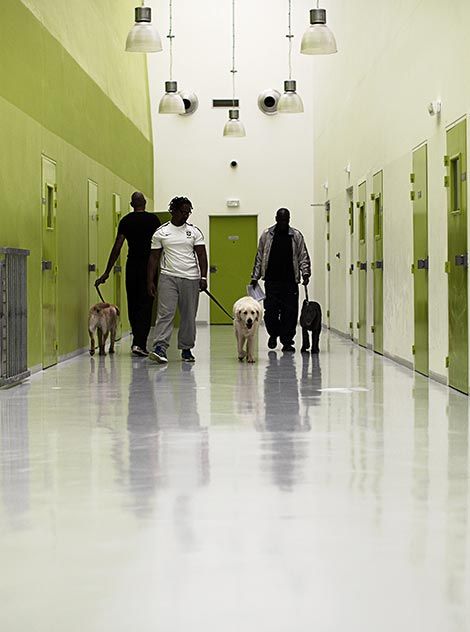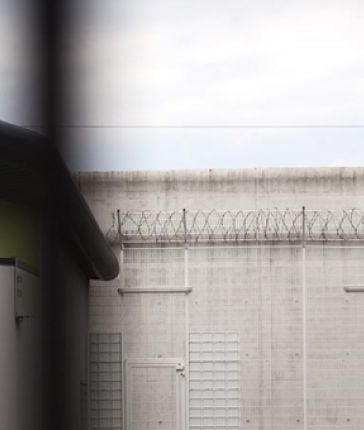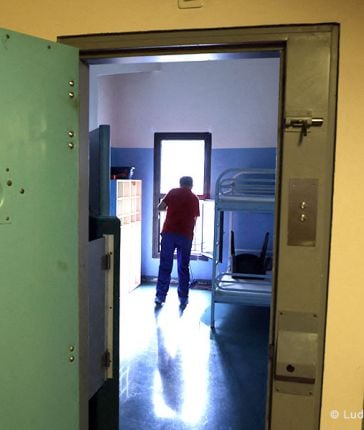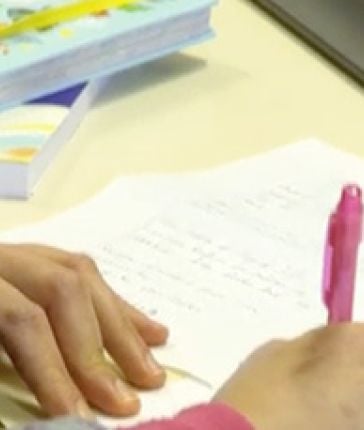63% of inmates released from prison without any follow-up reoffend within five years. Fondation de France supports initiatives aimed at improving inmates’ chances of successful social reintegration—a goal that is in everyone’s best interest!
Finding one’s place in society again
The health crisis shut down many prison activities, which are essential for limiting idleness and overcrowding and help inmates prepare to re-enter society.
In this context, the Prison program has mobilized to support non-profits who provide follow-up services for newly released prisoners. Among other challenges, these non-profits are obliged to adapt their projects to meet new health requirements.
Social reintegration remains a major issue in our society. The prison population is mostly young and under-qualified, and many have health and drug problems. The majority of inmates are convicted for short- and medium-term sentences (one to two years), and their time in prison often intensifies their anti-social behavior and their difficulty in finding their place in the world.
Solutions exist that can break this vicious circle. The Prison program encourages experiments that follow three different approaches:
- support for those who are about to finish their prison sentence. This includes preparing the inmate before they are released and following up with them after, namely giving them access to the means of rebuilding their lives (housing, training, employment, social life, health, etc.);
- support and follow-up for re-entry into society for people who are given alternative sentencing, such as community service, house arrest, or other detention options that involve electronic bracelets;
- help in maintaining the prisoner’s social contacts. This includes contact with their family and friends, making sure family visits run smoothly and under decent conditions, and offering support on parenting issues.
All projects require that all actors involved (doctors, teachers, social workers, etc.) work together in a coordinated fashion. This is crucial to being able to spot difficulties that imprisoned people might encounter.
The Prison program also aids projects that aim to change the way we look at prisons and re-entry after release, such as the film “Après L’ombre”, or the performances of “Fresnes en scène” at the Odéon Theater in Paris.







